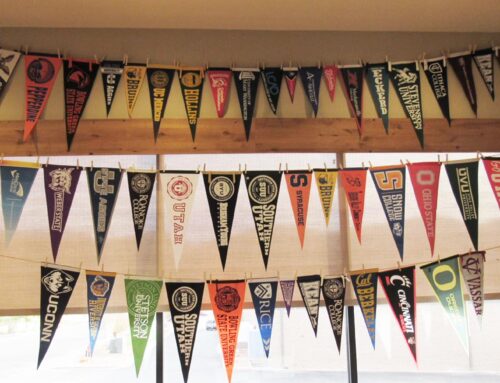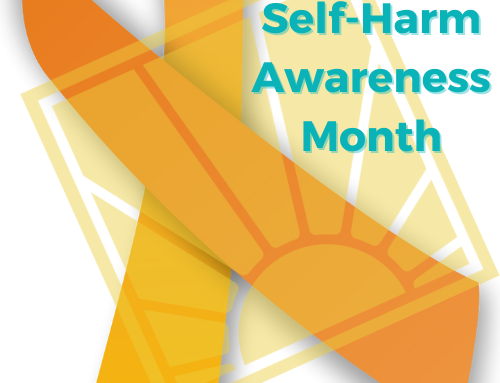As an educator one of the classroom problems that I often deal with is keeping a student engaged in a classroom discussion or activity. There are many indicators that I look for such as day dreaming, fidgeting and doodling. You can look at these indicators as a student’s lack of interest in the subject or you could look at it as your inability to hold the student’s attention. One thing that I have learned while working at a treatment center for young women with emotional problems is that the usual problems in a classroom don’t apply, and the reason that your student is not keeping attention could very possibly be the student is experiencing extreme depression. We all know growing up can be hard and it is more and more common for young adults to experience depression. Many parents turn to medication to help their students focus and more often than it should happen, an educator may suggest that parents use medication. I would like to take a moment to shout out to my fellow educators that we can take a different approach and try to understand clinical depression so we can learn to teach these inattentive students. I often find myself redirecting students to pay attention, and when this doesn’t work I can get very frustrated. I have tried many proven techniques in the classroom that I learned in college and for a child with depression they simply do not work. You can take a different approach and simply ask the student if everything is ok. More often than not it can be a simple but meaningful relationship between the student and the educator that will make them feel safe in the classroom environment. I have found that after I take a little time to know my students and their situation as well as their emotional stability, they have a much easier time paying attention in my class. I know that as a teacher I can get bogged down with lesson plans, grading, classroom prep and all the other many responsibilities teachers have. Often time we can get lost in all the everyday activities and forget to make a connection with our students. I know it can be hard to take time to know everyone and a lot of the time the student doesn’t want a connection with you. I only ask you to try one thing, if you do notice a student that is having a hard time take a moment, ask if everything is ok or if there is something that you can help with. I hope that in the future you will have as much luck with this approach as I have, and hopefully those inattentive students will turn into your best students.
– written by Jacob Grimm, Science Teacher


